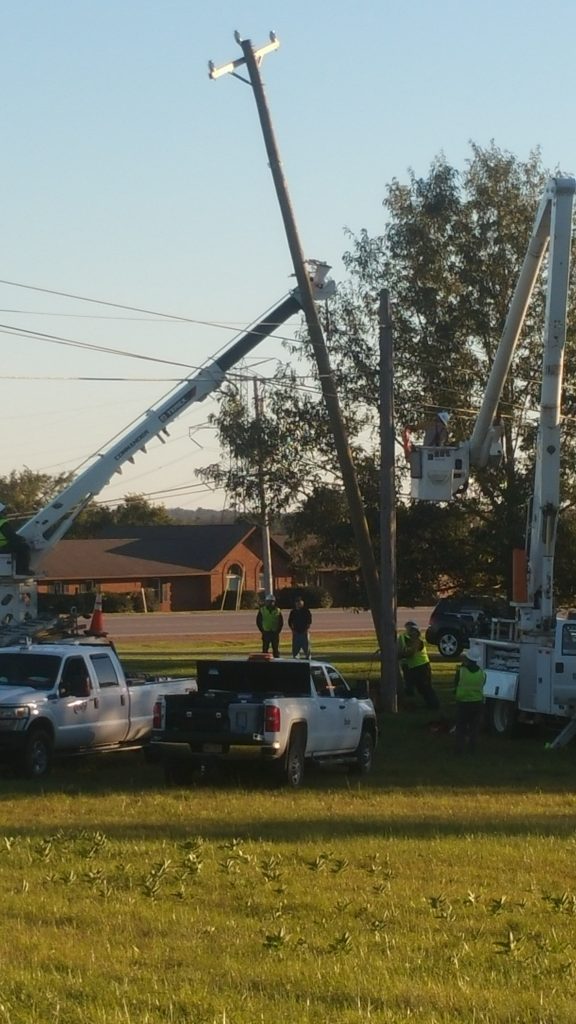
What do power lines have to do with aviation? A weekend power outage demonstrated the connection.
It was Saturday afternoon and after a day of grading mid-term exams, I decided it was time for a run. It was sunny and about 61 degrees as I traversed my family’s property. The wind was brisk with sudden, strong gusts. As I neared the 23 minute point of the run, I heard the sound of cracking. It grew louder.
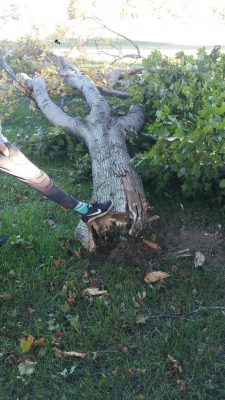
I looked to my 2:00 o’clock position, where I spotted the large oak tree 15 feet from my front door. My best guess is the old oak tree is roughly one hundred years old and has the size to show for it. On particular limb caught my attention, it was rattling and emanating the cracking sound.
“That limbs going to come down”
That was my thought. Then, as if in slow motion the limb began its descent into freefall.
“And it is going to hit the power line”.
A blue arc burst forth from the impact of limb and line. A half a second later, 100 yards down, another blue arc.
My guess was that the power was lost. I was right. My neighbor, who works for Duke Energy, was on his cell phone within minutes phoning in line number, wire types, etc.
The next 30 hours were powerless.
So what do this have to do with aviation?
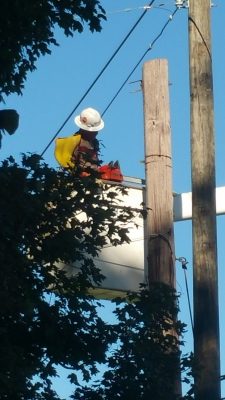
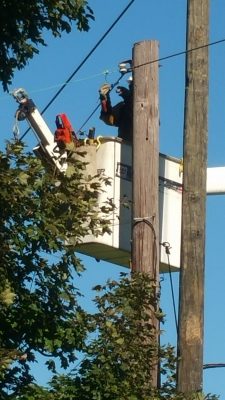
Over the next twenty four hours over a dozen different trucks arrived at the property, coming and going. They carried men, some of the relatively young. One man commented on the beautiful property. I told them it had been in the family since 1978. I said, “You probably weren’t born yet”.
“That’s right, I was born in 1995”.
That put him at 23, another man was age 21.
Yet these young men were skillful, carefully putting up new poles with wires that could kill a man in a heartbeat, if mishandled.
It reminded me of the great work done by young men (and a few young women) on aviation equipment. Similar to the electric guys, the individuals rarely have a college education. Most possess a vocational training with lots of on the job training.
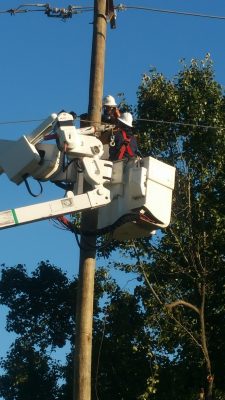
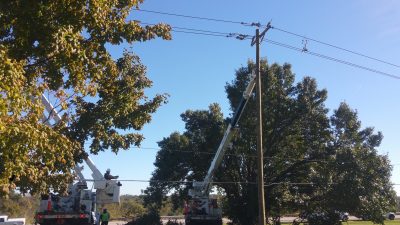
I remember a young crew chief on my T-38. He was 19 or 20 and I was 23 going out to fly solo. “Do the American people know how young we are,” I thought to myself. Yet we did it safely.
Now is the Time
The field of aviation is ripe for new technicians. It is a field in which a young worker can get their hands dirty — Lots of responsibility and the chance to problem solve. In fact, ripe may not be the right word, desperate may be a better term.
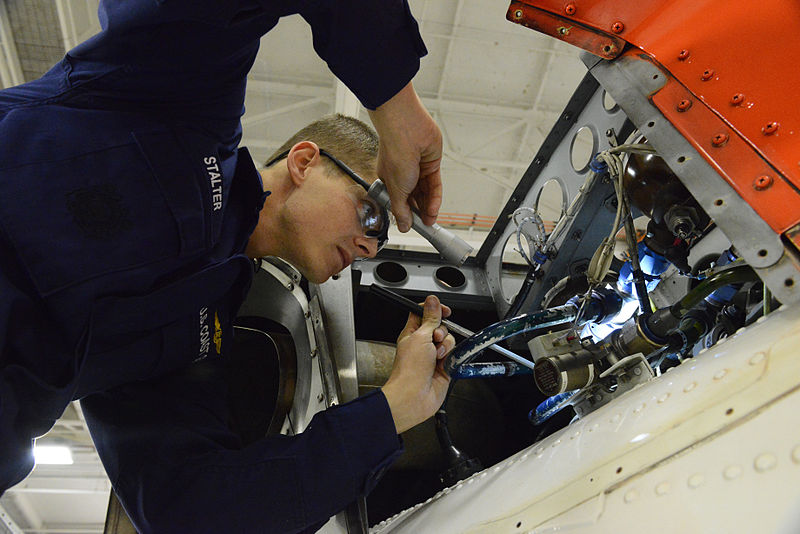
The Aeronautical Repair Station Association (ARSA) forecasts that we are currently short 2,500 technicians and will need thousands more over the next two decades (http://arsa.org/hsbc/) . The positions do not call for a college education, but rather vocational training and on the job experience. If I knew a young man who liked to use his hands to work on engines, I would steer him to aviation mechanics.
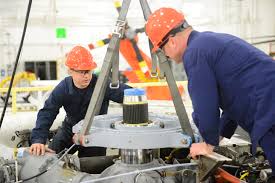
Like the electrical workers, it is a job that requires care and diligence, but is extremely rewarding. And you don’t need a college education to make a decent living. The pay for aviation mechanics is good.
Anti-College?
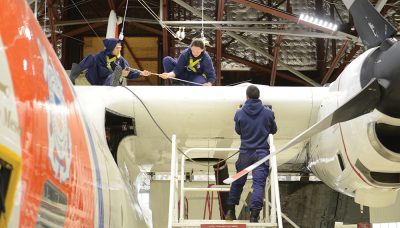
It may sound like I am anti-college, but I am not. In fact, I am a college professor. Yet, I found some students, especially some young men, have no business in my classroom. They struggle to get through college, many have difficulty with college writing and they have mounting student debt. All the while, they would be best suited to work in one of the trades: carpentry, HVAC, electrician, plumber, and mechanic. I believe we do a disservice to young people by leaving the impression that “You gotta go to college to get ahead”.
Like electrical workers, we need skillful labor working on our airplanes.
